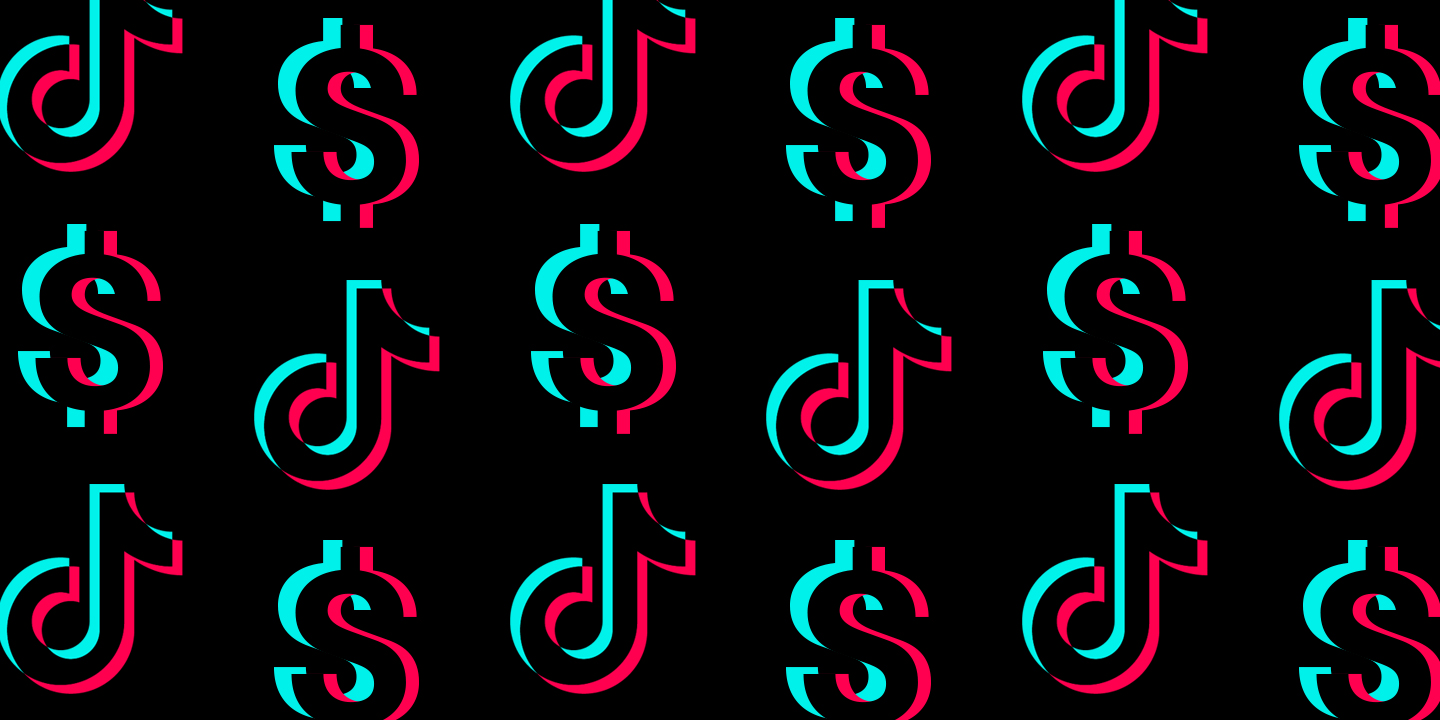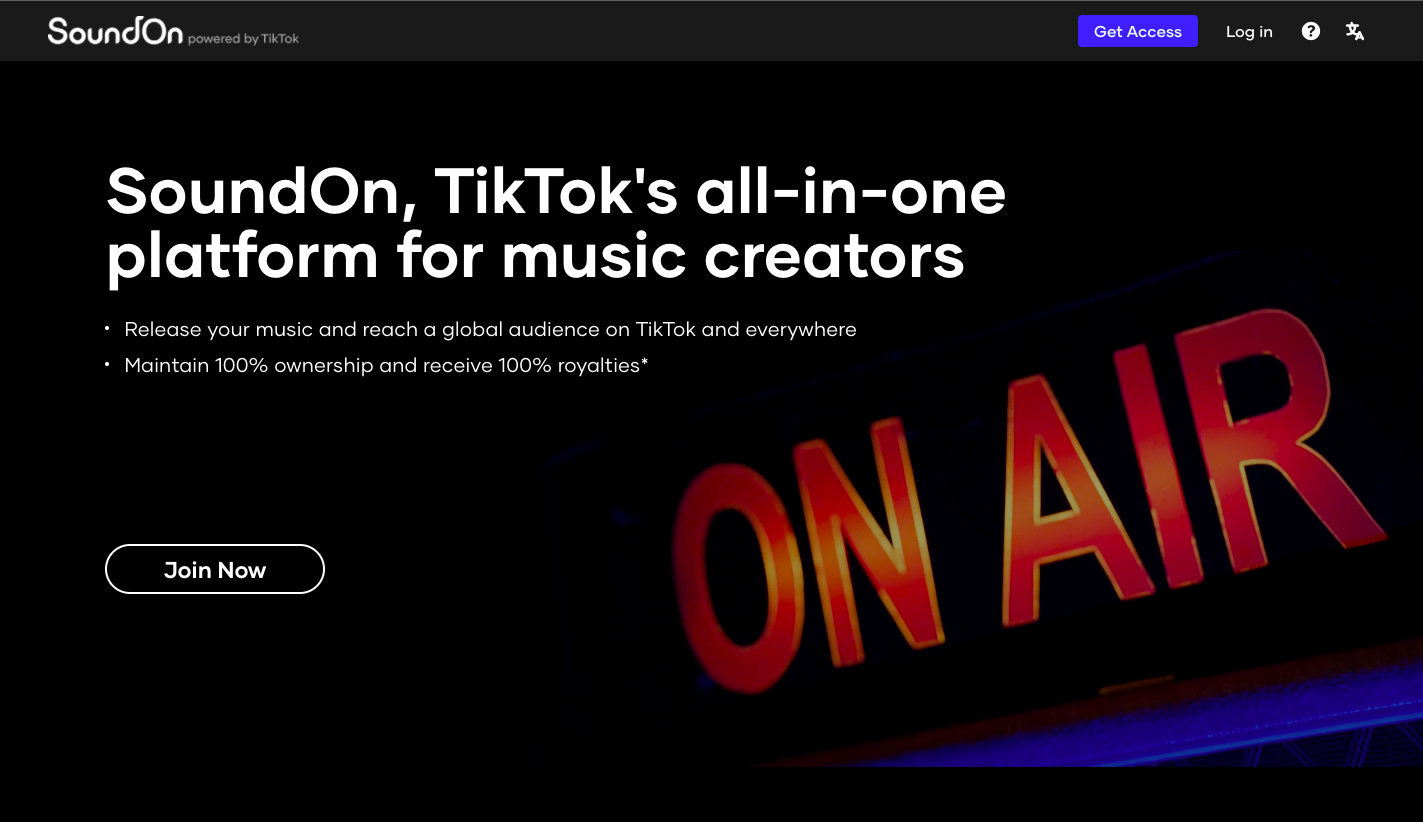TikTok Is Blowing Artists Up, But Are They Making Money? 🤔
If artists are finding overnight success for their songs going viral on TikTok, why aren't they making any money off it?
We write a weekly newsletter on all things Music, and the Business and Tech behind it. If you’d like to get it directly in your inbox, subscribe now!
Happy weekend everyone!
A couple of weeks back, at the peak of the craze for S4 of Netflix’s show ‘Stranger Things’, we wrote a piece on how 63 year old English singer Kate Bush’s single ‘Running Up That Hill’ blew up on streaming platforms across the world, after featuring as a background track during a pivotal scene.
While our piece was on how ‘Context Is Everything’ when it comes to why some songs blow up on streaming platforms, it also revealed an aspect of how music from the 80s was suddenly becoming cool again, especially in the eyes of Gen Z.
I came across an article that went deep into that last week, and it’s a highly enjoyable read 👇🏻


Not one to toot my own horn, but I quickly tweeted back to the author on how it was similar to what we covered on this newsletter as well.
And that bit of validation from a Tech journalist at a reputed National Media outlet was just the extra bit of motivation for me to keep on going with this newsletter 🫡
However, my point is that we spoke about how platforms like TikTok are enabling creators give context to songs, such as the influencer @Doggface208 riding a skateboard and drinking cranberry juice while Fleetwood Mac’s ‘Dreams’ plays on in the background.
Since that video went viral, isn’t it obvious to assume that Fleetwood Mac would naturally be raking in big bucks from that? 💰
Well, not quite.
It turns out, TikTok doesn’t pay artists based on how many views the videos their songs are featured in, get.
In fact, for the longest time, if you were an artist whose song played on a video that went viral on TikTok, it wouldn’t change how much you were paid at all.
Doesn’t make any sense right? 🤷♂️
Did you make it this far? Why not share this with someone and help support us?
TikTok is different from other platforms, in how artists get paid on its platform, by cutting deals with Record Labels using ‘Blind Checks’ 🧾
What does that mean?
Unlike Spotify/Apple Music, which pays artists based on the number of streams they get on the platform, TikTok has de-coupled its payouts from the actual consumption of music on its platform.
Basically, when every time a song is played – that play generates money from advertising or a paying subscriber – an agreed portion of the money generated goes back to the rights holder.
So if YouTube makes X% more money from videos with music in them, the music industry also makes X% more from those same videos.
How is TikTok different then?
The ‘buy-out’ or ‘blind check’ model makes it very hard for a major record company to pass TikTok’s money through accurately to artists based on the amount of consumption of their music on the platform.
If you’re an artist and your piece of music blows up with millions of plays on TikTok, those plays, technically speaking, are not monetised. TikTok paid your label or distributor a flat fee to host that music for a set period.
What you earn from TikTok’s initial check, is at the discretion of your distributor or record company.
Is that really unfair?
One might argue that artists are getting a platform that democratises access to a billion users across the globe, and monetisation for the same can happen on other streaming platforms, where users actually go to listen to music
However, the reason the entire music industry is so salty right now, is that ByteDance- TikTok’s parent streaming platform, is absolutely minting money 💸
According to a Bloomberg story posted in June this year, TikTok generated $4 billion US dollars in 2021, mostly from advertising.
But this year, in 2022, eMarketer is forecasting that TikTok will generate $12 billion annually, primarily from advertising.

TikTok has realised the incredible amount of power it commands in terms of user engagement, and is leveraging it to expand into YouTube’s territory.
In February this year, TikTok announced it was expanding the maximum length of its videos to 10 minutes, which was known for its 30 second clips.
And its 1 Billion+ active users are loving the new changes 🔥
According to Bloomberg, the average TikTok user in the US now spends 28.7 hours a month watching TikTok, and that is up by about six hours a month, year on year.

What can be done about this?
At this point, you’re probably wondering that if TikTok’s refusal to share revenues with the music industry is such a big issue, why doesn’t it just change its deal?
Why not force TikTok into a revenue-share deal similar to the one that it has with YouTube?
While MBW reports that one of the big Labels has in fact tried to do that, here’s what TikTok’s Global Head of Music- Ole Obermann had to say about it 👇🏻
TikTok is a unique service and has pioneered the adoption of short-form video. We’re not a streaming platform and we do not offer a subscription model.
We negotiate our licences on a rolling basis and as engagement with music on TikTok evolves, our business model will also evolve.
We want to play our part and contribute to a growing music industry, enabling music creators and makers to find success both on and off our platform.
Basically, by positioning TikTok as a platform for discovery, and not consumption of music, Obermann is shying away from the comparisons being made with how YouTube, Spotify, Apple Music and the like- pay artists.
Our take on this?
While the influence of TikTok over pop culture is undeniable, as you can see in the chart above, its grasp is extending far beyond just twerking dance videos.
Users have legit started searching for every day things on TikTok over Google 📲
While artists and their music have played a very important role in helping TikTok reach this stage and pull users and creators into the platform, they are slowly taking steps to ensure they don’t piss artists off anytime soon 😤
Back in March, they announced their new ‘SoundOn’ initiative- which aimed at helping artists get their music on TikTok, and pay out 100% royalties to music creators in the first year and 90% after that, in addition to providing a range of promotional tools and support.
With pushback from multiple lobbyists over regulating TikTok in the US, which is already banned in India over concerns regarding data security; given that ByteDance is a Chinese company, it’ll be interesting to see how long TikTok can keep this gig up.
However, one thing is for sure. TikTok has proved to be a case study in disrupting how social networking sites capture engagement, and monetise it.
In case you’re curious to know about the backstory of TikTok and how it came into becoming this multi-billion dollar worth global behemoth, here’s a podcast recommendation by Acquired that traces its origin story 👇🏻
Happy Weekend Everyone 🍻
If you liked this newsletter from Incentify, why not share it with someone you like?
P.S- Follow us on Instagram and Twitter for more such content on all things Music and Culture, now!









